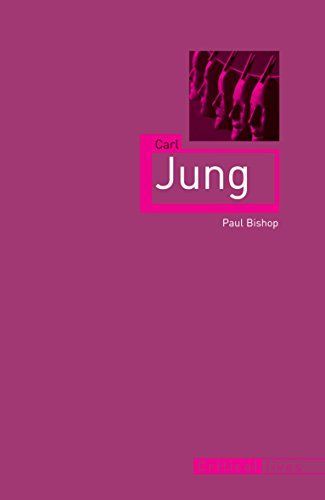
Carl Jung
Carl Gustav Jung (18751961), as well as being one of the pioneers of psychology, is one of the most controversial of thinkers: in spite of being largely responsible for the introduction of now-familiar psychological terms such as extrovert” or introvert”, Jung has often been sidelined, remaining on the fringes of academic discourse. In this new account Paul Bishop reclaims Jung as a major European thinker whose true significance, even now, is not fully appreciated. Taking into account the role of Jung's recently published Red Book in the progression of his thought,Carl Jung re-assesses this divisive personality, reading Jung in terms not only of his biography, but also in light of his extensive reading and output. Jung once remarked that the tragedies of Goethe'sFaust and Nietzsche's Thus Spoke Zarathustra [. . .] mark the first glimmerings of a breakthrough of total experience in our Western hemisphere.” In this critical biography Bishop takes up this suggestion and engages with Jung's scholarship in order to offer one of the fullest appreciations yet of his distinctive approach to culture. He finds in Jung's attempt to synthesize all the different parts of human life an enterprise that marks him out as one of the most important theorists of the twentieth century.